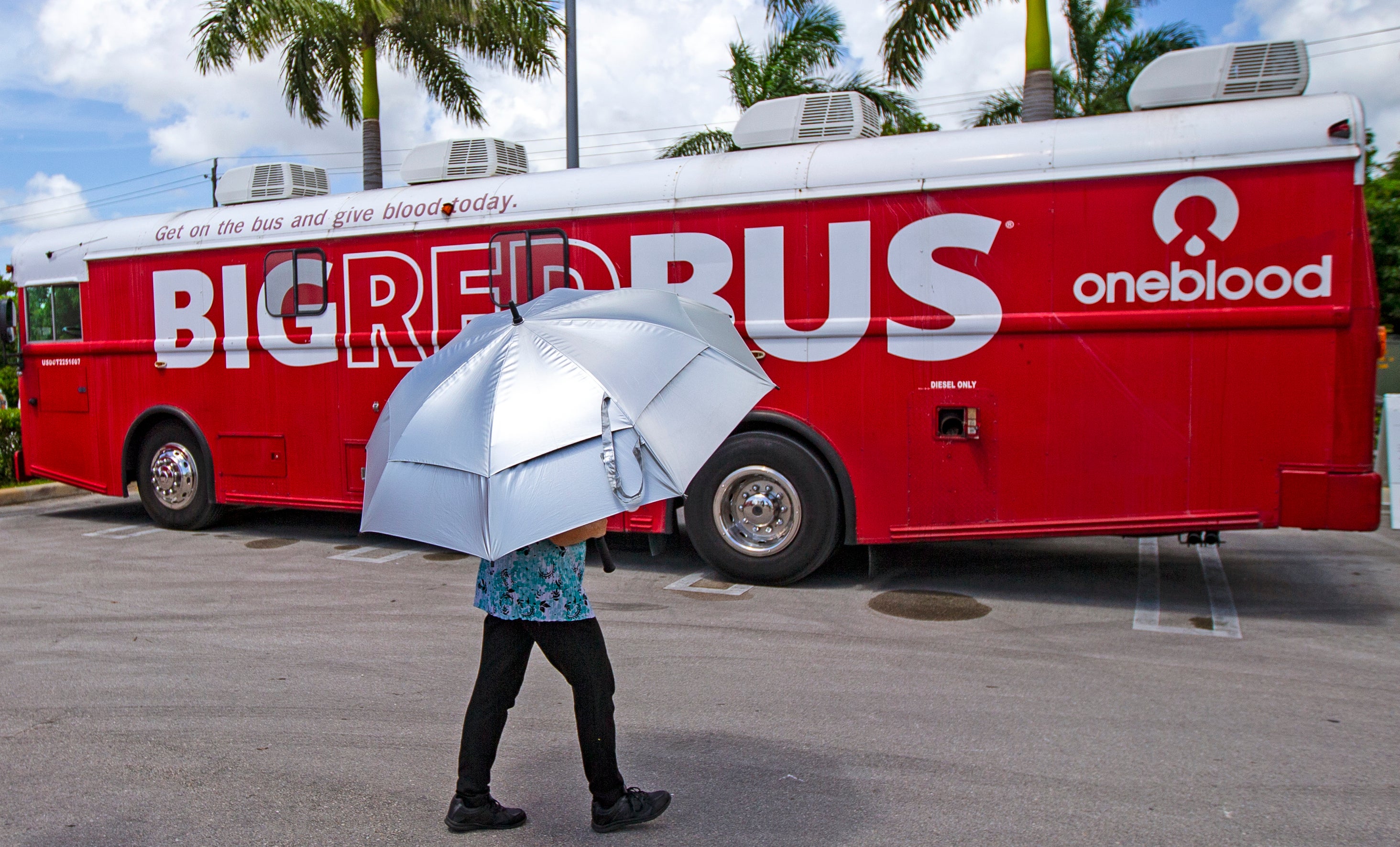Ransomware attack disables computers at blood center serving 250 hospitals in southeast US
A not-for-profit blood center serving much of the southeastern United States is facing a ransomware attack

Your support helps us to tell the story
From reproductive rights to climate change to Big Tech, The Independent is on the ground when the story is developing. Whether it's investigating the financials of Elon Musk's pro-Trump PAC or producing our latest documentary, 'The A Word', which shines a light on the American women fighting for reproductive rights, we know how important it is to parse out the facts from the messaging.
At such a critical moment in US history, we need reporters on the ground. Your donation allows us to keep sending journalists to speak to both sides of the story.
The Independent is trusted by Americans across the entire political spectrum. And unlike many other quality news outlets, we choose not to lock Americans out of our reporting and analysis with paywalls. We believe quality journalism should be available to everyone, paid for by those who can afford it.
Your support makes all the difference.A not-for-profit blood center serving much of the southeastern United States is facing a ransomware attack, officials said Wednesday.
OneBlood said the attack had disabled its information technology, forcing it to operate at a reduced capacity in Florida, Georgia and the Carolinas. To manage its blood supply, the blood center was asking more than 250 hospitals to activate their critical blood shortage protocols. The blood center also was using manual processes to maintain basic operations, officials said.
OneBlood is working with cybersecurity specialists as well as federal, state and local agencies to determine the scope of the attack and how to respond, officials said.
"We are working diligently to restore full functionality to our systems as expeditiously as possible,” Susan Forbes, OneBlood's senior vice president of corporate communications and public relations, said in a statement.
Blood centers across the U.S. were sending extra blood and platelets to OneBlood, which said there's a particular need for O-positive and O-negative blood.